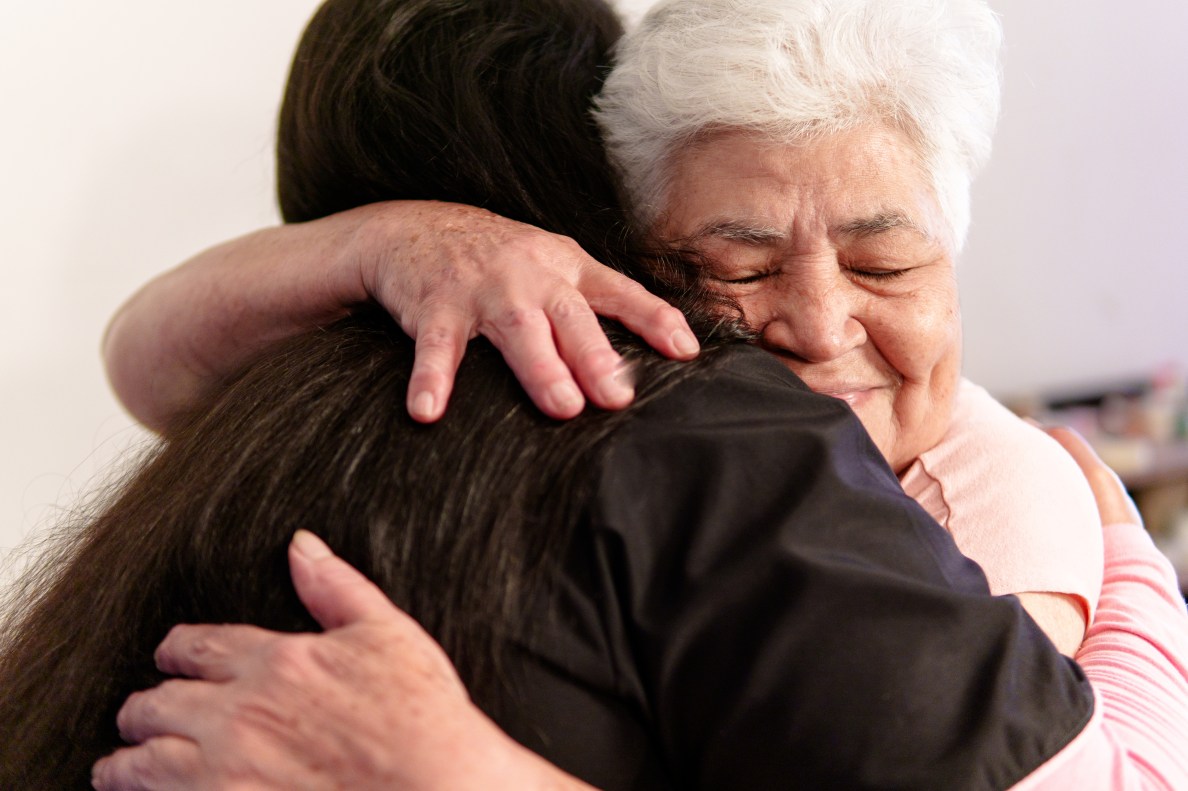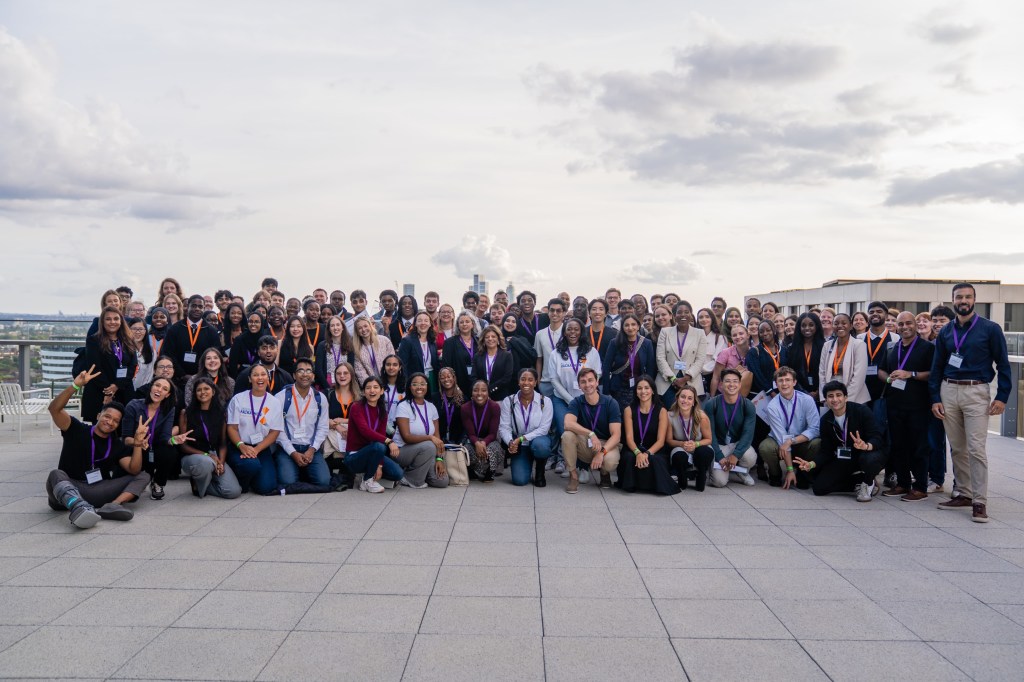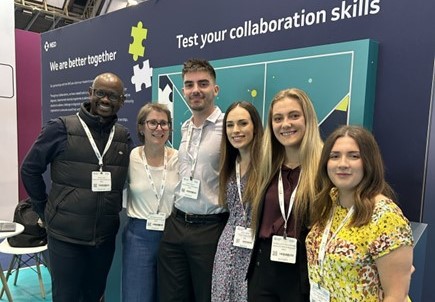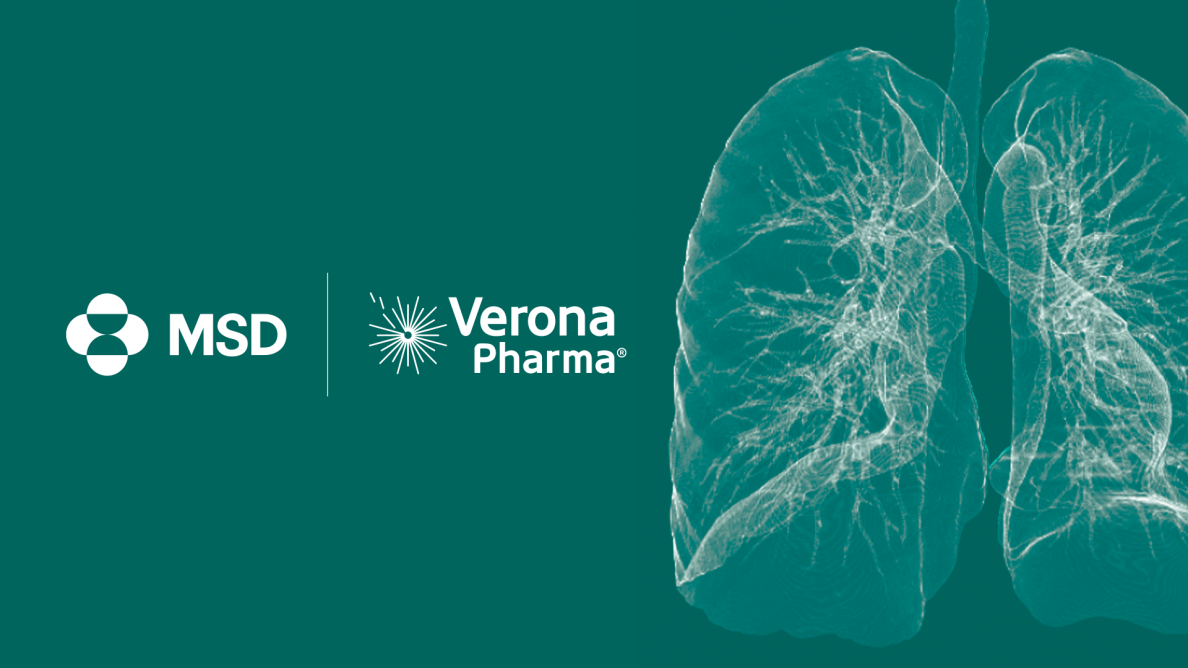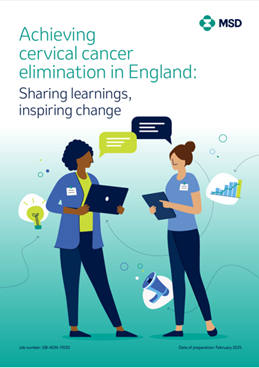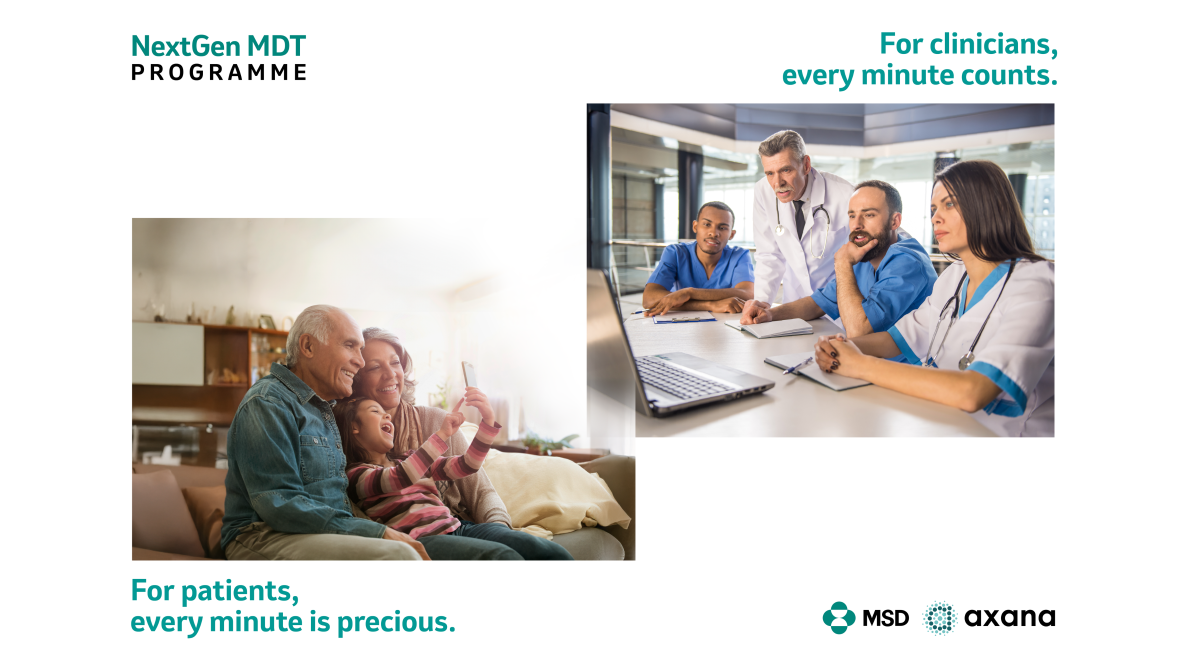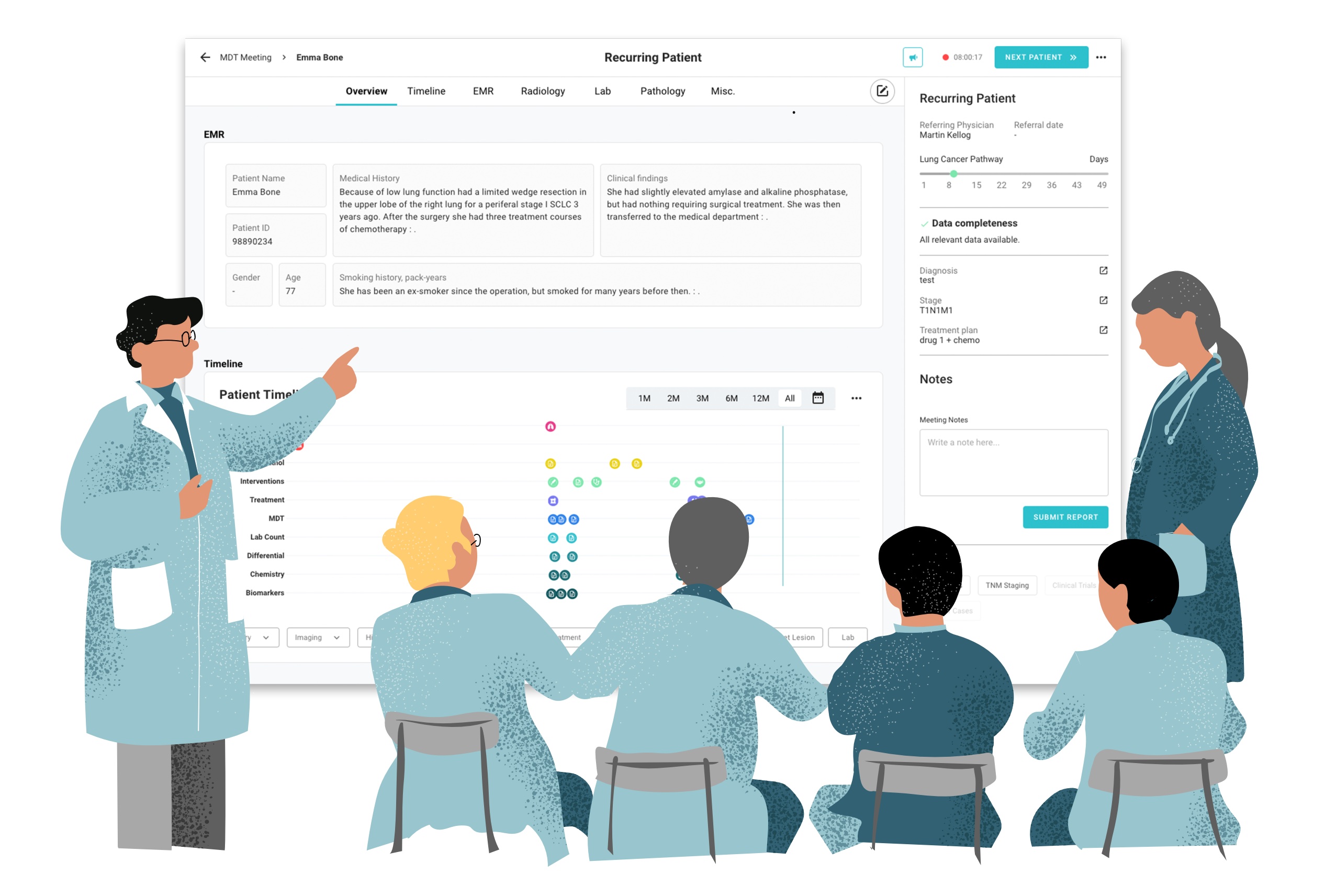Colleagues from across our UK business have been demonstrating their support for the HIV community over the last few months, with a range of activities and initiatives.
20 of our colleagues came together for a volunteering day, organised by our UK Rainbow Alliance Employee Business Resource Group (EBRG), with Positive East – an East London-based charity dedicated to supporting people living with and affected by HIV.
MSD is a proud sponsor of Positive East’s annual RED RUN, which raises awareness and funds for HIV services across the UK. In preparation for the 2025 event, our volunteers made a vital contribution by assembling over 1,800 runner packages to be sent to participants ahead of the big day. They also packed finish line bags filled with medals, and educational resources providing crucial information on HIV and STI testing and access to support services. This marked the third year running that the Rainbow Alliance has partnered with Positive East to offer our colleagues an opportunity to use their volunteering hours and give back to the local community.
A reflection from one of our volunteers:
“Thank you for the opportunity to participate in this volunteering event. It was a wonderful and rewarding day. I’m grateful to have been part of the team and to have supported such a meaningful cause”.
The RED RUN, held annually in Victoria Park in East London, is the UK’s largest HIV community event, supporting 31 HIV charities across the country. 35 colleagues from across our business walked, ran, and even sashayed the 5km or 10km route, alongside another 1,800 people taking part. The inclusive event welcomes all ages and abilities, fostering a spirit of community over competition.
Our colleagues also marked World Aids Day earlier in November with an internal panel focused event that led to engaging conversation on HIV, including shared insights from colleagues and their lived experience. Attendees left with an improved understanding of how to be allies to the HIV and LGBTQ+ community and beyond.
We were lucky enough to be able to display one of the 42 panels of the UK AIDS Memorial Quilt in our London Moorgate office, which offered an opportunity for colleagues to reflect, remember and celebrate all lives lost to HIV. The quilt offered a reminder of how far we have come in the fight against HIV, and the work still left to do.


Our Volunteers
UK AIDS Memorial Quilt
GB-NON-12445 | December 2025


